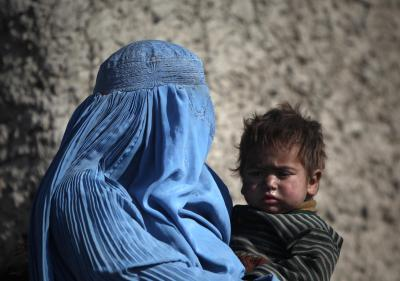Kabul, 12 September (IANS). The United Nations has emphasized the need to get more than 47 lakh women and children out of malnutrition immediately in Afghanistan. According to the UN, the country, which is struggling with lack of drought, economic crisis and essential funding, is facing a serious humanitarian crisis.
This information was given by the local media on Friday. Talking to reporters, United Nations spokesman Stephen Dujarik warned that Afghanistan’s food security situation has remained worrying. He said that one in every four Afghan is facing serious food insecurity, and the most affected children.
The World Food Program (WFP) has said that the level of malnutrition in Afghanistan will reach its highest level in 2025. Many of the affected children have been admitted to Indira Gandhi Hospital in Kabul for immediate treatment.
According to the United Nations, more than 47 lakh women and children need immediate care. The UN official has warned that if not intervened on time, many will die due to increasing malnutrition and it will have a negative impact on the country for a long time.
Afghanistan is struggling with economic collapse and drought, so he is not getting anything special international help. With unemployment and poverty, these factors have brought many Afghan families to the brink of starvation.
Humanitarian organizations have repeatedly called upon the international community to increase assistance, and warned that the current level is insufficient in view of the critical situation.
According to the Khama Press report, in early August, the World Health Organization (WHO) warned that the humanitarian crisis in Afghanistan was deepening and more than 2.2 crore people need immediate assistance.
In its latest report released on August 28, the WHO said that by 2025 more than 1.6 crore Afghans needed Life Saving Aid, yet only 24 percent of the required funds have been received.
The WHO said that more than 420 health centers had to be discontinued due to the money crisis, which has deprived about 3 million people of necessary medical facilities. These sanctions have the biggest impact on weak groups including women and children.
-IANS
KR/
















